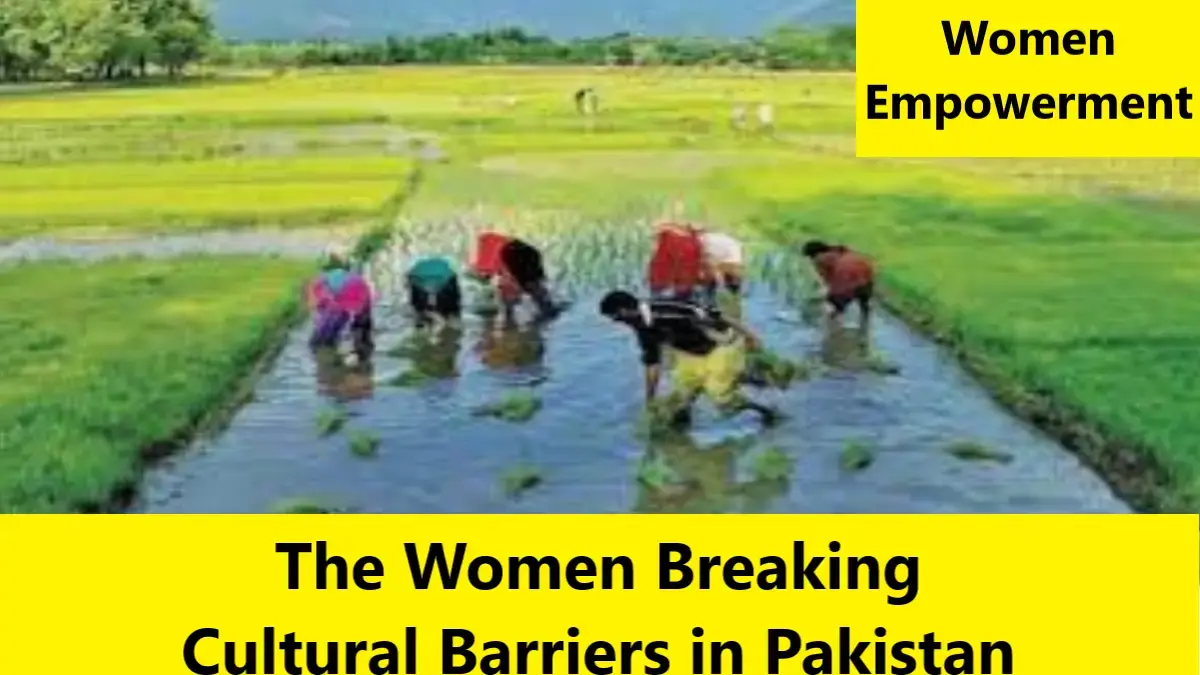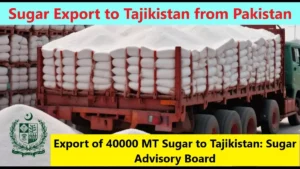The Women Breaking Cultural Barriers in Pakistan
Empowering Rural Farming Communities in Pakistan: A Female-Led Initiative
Discover how a team of female “social mobilizers” is transforming rural farming communities in Pakistan by educating and empowering women.
Read More: Pakistani Businesswomen Ranks in Forbes’ Top 10 List
The Role of Women in the Pashtun Belt’s Agricultural Success
The Pashtun belt in northwest Pakistan is a major production center for flue-cured Virginia tobacco.
Despite being a region known for its rich cultural heritage, women in these rural communities face significant social barriers due to ingrained societal practices.
Traditionally, these women have been isolated from society and confined to their homes.
However, they play a crucial role in the success of farming operations.
Recognizing the untapped potential and influence of these women, PMPKL (Pakistan’s subsidiary of PMI) initiated a program to create an environment where women could exchange farming information and learn new skills.
This initiative is driving significant change in these communities.
Women Creating Change: The Access to Families Initiative
In 2021, as part of the “Access to Families” initiative, PMPKL introduced a team of female social mobilizers.
These mobilizers travel across smaller farm holdings, engaging directly with the female members of farming households.
Their primary goal is to create awareness about PMI’s Agricultural Labor Practices (ALP) Code, which aims to improve labor practices within the supply chain.

Key Objectives of the Social Mobilizers: The Women Breaking Cultural Barriers in Pakistan
- Educating Farmers’ Wives: The mobilizers conduct sessions on the ALP Code, helping families understand its principles and standards.
- Monitoring Living Conditions: By interacting with female family members, the mobilizers gain insights into working and living conditions on the farms, which are otherwise inaccessible to male technicians due to cultural restrictions.
- Ensuring Fair Treatment: The mobilizers ensure that female workers on the farms are treated fairly and monitor for any ALP violations.
- Promoting Hygiene and Sanitation: They also assess the availability of improved drinking water, sanitation, and handwashing facilities.
The Impact of the Female Social Mobilizers
Ammara, one of the social mobilizers, highlights that there are 13 women involved in the project.
These women have successfully engaged with over 3,000 farmers’ families, ensuring compliance with the ALP Code and promoting a safer work environment.
They also play a critical role in monitoring child labor risks on the farms.
According to Syed Muhammad Suleman Gul, PMI’s Manager for Social Sustainability in Pakistan, this initiative is revolutionary. It empowers women to step outside their traditional roles and make a significant difference in their communities.
The project not only raises awareness but also collects vital data on farm practices, WASH (Water, Sanitation, and Hygiene) standards, and female worker wages.
A Vision for the Future: Expanding the Initiative
Looking ahead, the goal is to expand this project to include 15 social mobilizers by the end of 2025.
The data collected so far covers 100 percent of the farmers in the network, and the mobilizers continue to share information on ALP and WASH practices.
PMI aims for 100 percent of its farmers to be aware of—and compliant with—the ALP Code.
Gul emphasizes that this project has highlighted the often-unacknowledged role of women in farming. He adds that women have an equal responsibility on the farms and play a key role in tobacco production, which needs to be recognized and supported.
Note: The information above might not be accepted 100%. Please verify from your own sources. We will not be responsible/liable for any kind of loss due to our content.
For more news, please visit Munafa Marketing.




